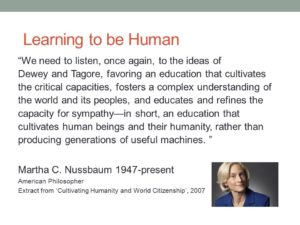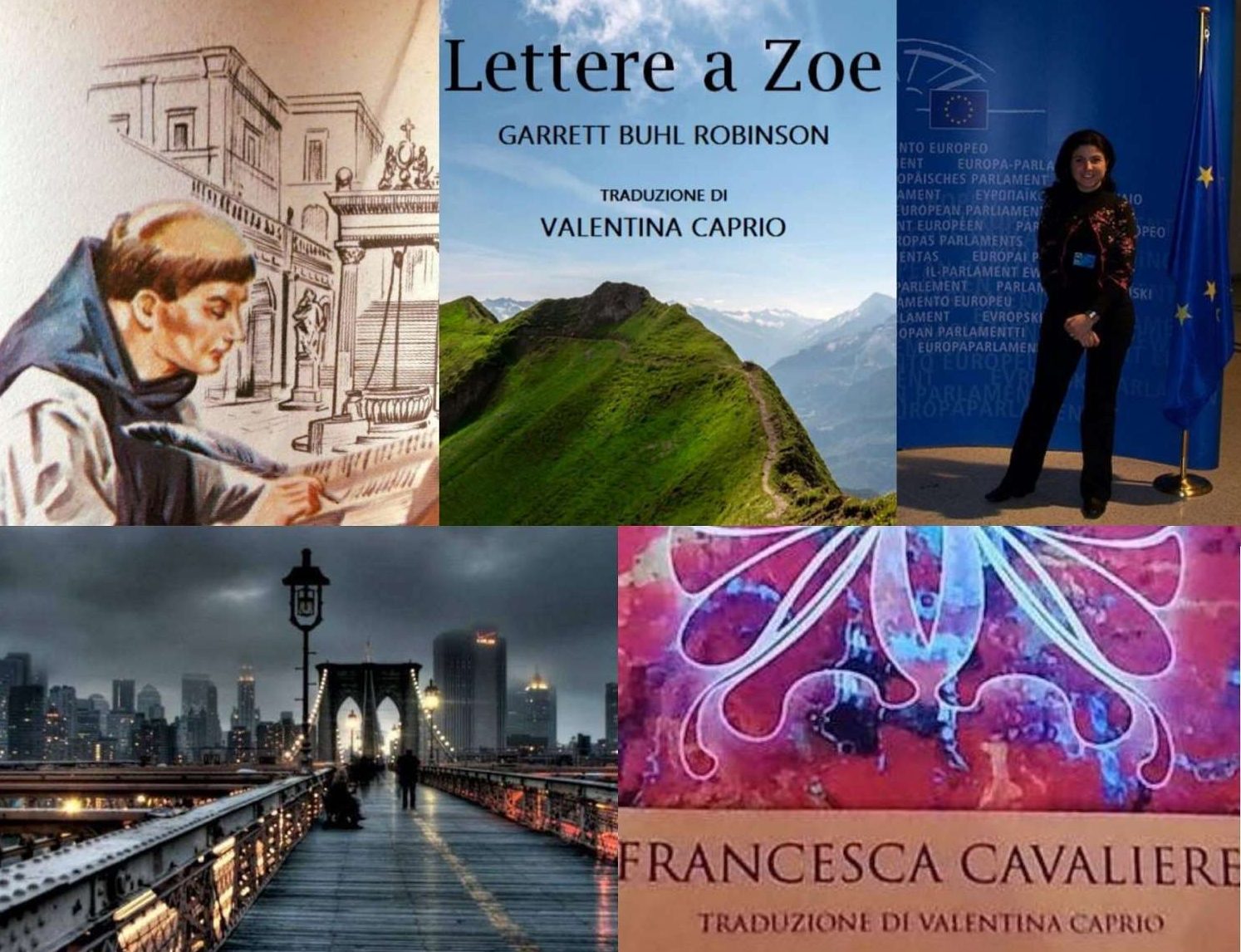Genre: Socio-political/Education/Non-fiction; My rating: 3 stars.
Cultivating Humanity appeals to classical Greek texts as a basis for defense and reform of the liberal education. The author takes inspiration by the Greek cynic philosopher Diogenes’aspiration to transcend “local origins and group memberships” in favour of becoming “a citizen of the world”. Nussbaum traces the development of this idea through the Stoics, Cicero, and eventually modern liberalism of Adam Smith and Immanuel Kant, by defending scholarly inquiry into race, gender, and human sexuality, and further develops the role of literature as narrative imagination into ethical questions.
Nussbaum also censured certain scholarly trends. More broadly, she criticized Michel Foucault for his “historical incompleteness and lack of conceptual clarity”, criticizing even more figures like Allan Bloom, Roger Kimball, and George Will for what she considers their “shaky” knowledge of non-Western cultures and inaccurate caricatures of today’s humanities departments.
This book is a passionate, closely argued and a classical defense of multiculturalism, and, at the same time, the best answer to the attacks on it: the ideas of Socrates to steer a narrow course between cranky traditionalists and anti-Western radicals.
Throughout Cultivating Humanity (the title adapts a phrase from the Stoic philosopher Seneca), Nussbaum emphasizes reason, careful argument, logical analysis, self-questioning, the pursuit of truth and objectivity, and the critical inquiry. She stresses the centrality of the ability to think what it might be like to be in the shoes of a person different from oneself.
Nussbaum’s discussion of liberal education and its evolution is concrete, her arguments are convincing: she supports the idea of liberal education without having a specific program to promote. Rather, she reflects on the state of American undergraduate education and advocates continued change and reform as part of a commitment to the core values of liberal education.

This is a marvelous book of luminous intelligence, but also of compassion and love, which should be read by all who care about the present and the future of the university, appreciating what the past teaches us. It can be said it’s a valuable guidebook for educating ‘citizens of the world’. Yet Nussbaum provides no guidance; she stimulates sympathy for others; I like her when she strongly affirms that people in the west should read the classics and when she argues that we should use literature and the arts to realize new points of view so that we are not small minded in our moral reasoning.
One negative note: She repeats the same information a lot and a few times I just wanted to skip chapters because it was the same as a few pages before… but overall a pretty decent book, so it can be forgiven.
I would recommend such a smart and valid reading to Christians and people interested in a liberal response to neo-conservatism. She made great points. Despite being a philosopher, she is never pedantic nor pathetic or obvious; yet her style is for a tutorial class, maybe too academic, but still a valid and excellent book. I liked it especially for being a perfect combination of favoring both a fairly classical education and a strongly multicultural one at the same time.
Speaking of tolerance, we all need to read this book now more than ever.
Valentina Caprio

